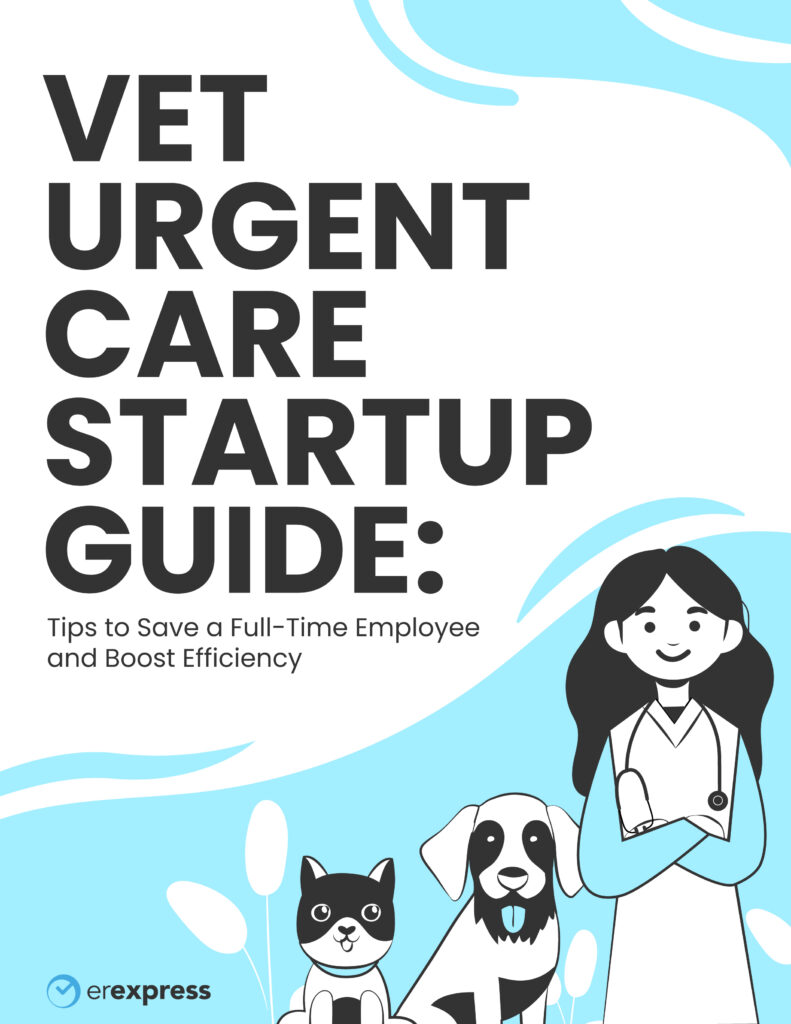The emergency department stands at the heart of any healthcare institution. It’s the pivotal point where lives are saved, critical decisions are made, and high-quality care is delivered at speed.
As an emergency department administrator, you are no stranger to the numerous challenges this dynamic environment presents – unpredictable patient inflows, varying patient acuity levels, resource constraints, and the constant pressure to improve patient outcomes, all while maintaining cost efficiency and regulatory compliance.
Amidst these challenges, clinical analytics are a great tool that can help you keep your emergency department organized and efficient. Whether you’re currently contemplating its use or simply wish to understand more about its potential, this comprehensive guide is intended to provide valuable insights about clinical analytics for every emergency department administrator.
Understanding Clinical Analytics
Clinical analytics involve the use of real-time data to inform clinical decision-making, improve patient care, and enhance operational efficiency. This healthcare data is collected and analyzed from various sources such as electronic health records (EHR’s), patient monitoring systems, billing records, and employee performance tracking software.
The ultimate goal of using clinical analytics is to convert the massive amounts of data you retrieve into clear, actionable insights that improve your practice’s efficiency and outcomes.
Role of Clinical Analytics
Maximize Staff Time
Clinical analytics helps you see where your staff is spending too much time and where they could be focusing more of their efforts. Using this data helps to ensure that your staff’s time is being spent as efficiently as possible throughout the day.
Better Patient Care
The ultimate goal of any healthcare practice is to provide the best possible patient care, and clinical analytics help you do just that. By tracking and analyzing trends across your practice, you can identify the best way to improve your patient care.
Better Resource Allocation
Clinical analytics allow you to find the areas in your practice where resources could be added or shifted elsewhere. This helps you to better allocate staff, funds and materials.
Regulatory Compliance
Anyone in healthcare could tell you the importance of staying compliant with the industry’s regulations. While these can sometimes be tough to stay on top of, clinical analytics provide you with the ability to make sure every part of your practice is compliant.
Strategic Planning
When planning for the future, clinical analytics provide you with the data trends that can help you make the most strategic decisions for your practice down the road.
Risk Management and Mitigation
Staying on top of potential risks and mitigating them is paramount in the world of healthcare. Clinical analytics allow you to identify risks and assess what needs to be done to mitigate them.
Reasons to Implement Clinical Analytics
- Improve Patient Outcomes: As a healthcare practice, you’re constantly looking to improve patient outcomes. Implementing clinical analytics provides you with the tools to consistently create positive outcomes for your patients.
- Streamline Operations: In order to improve patient outcomes, you need to be running as efficiently as possible. Clinical analytics help you to find the best possible workflow to make sure everything runs smoothly in all facets of your practice.
- Optimize Costs: Budgeting is a constant issue for many healthcare groups. By implementing clinical analytics, you can use data to determine where money needs to go and where spending could be cut.
- Better Staff Facility at Peak and Off Hours: Clinical analytics show you the days and times when your practice is the most and least busy. This allows you to appropriately allocate staff to make sure you don’t have too few or too many people working at once.
- Make Hiring and Termination Decisions: While no one likes to terminate employees, it is sometimes necessary for preserving the viability of your practice. Clinical analytics can assess staff efficiency to let you know where cuts should be made or where you could use an extra hand.
- Long-Term Planning For Business Decisions: Strategically planning ahead is key for the success of any healthcare practice. Clinical analytics provide you with the data trends that help you strategize and plan ahead for your practice in the coming months and years.
Get Better Analytics for Your Emergency Department
When it comes to getting the best clinical analytics for your emergency department, ER Express has you covered. With a number of modern digital solutions designed specifically for emergency departments, ER Express can provide you with the tools necessary to keep your practice up and running with happy and healthy patients.
To learn more, schedule a demo today.



